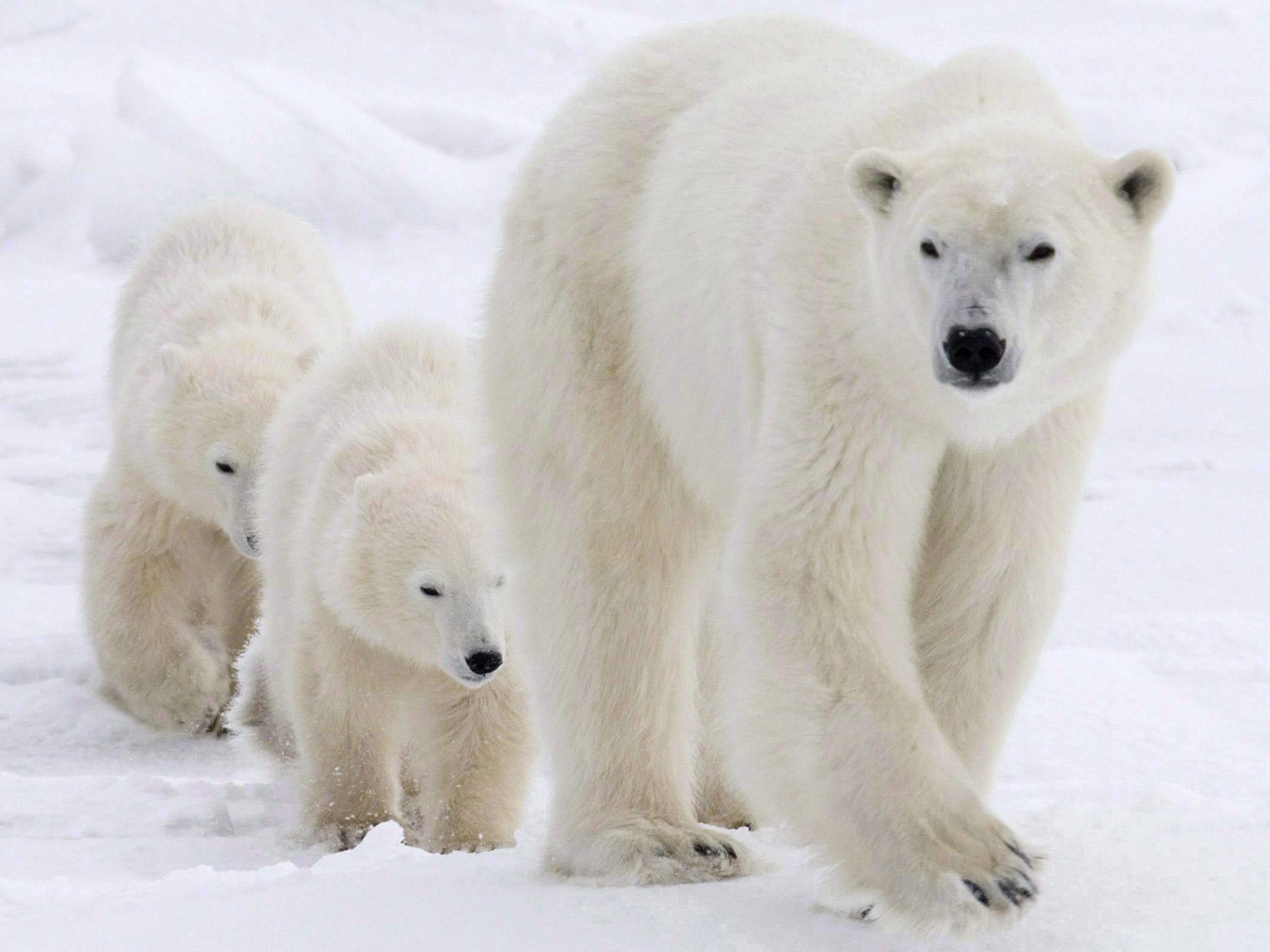Canada cold on US bid to protect polar bears
Canada is home to around two-thirds of the estimated 20,000 to 25,000 polar bears in the world

An American proposal to offer more protection to polar bears by prohibiting trade in their skins has failed at a major conservation conference.
The US attempt to ban the trade was fiercely opposed by Canada, whose Inuit native peoples shoot several hundred bears a year, with the Canadians claiming that climate change, rather than hunting, was the major threat to the animals.
Canada is home to around two-thirds of the estimated 20,000 to 25,000 polar bears in the world and its government contends that populations are currently stable.
At the conference of the Convention on International Trade in Endangered Species (Cites) in Bangkok, Thailand, the American proposal failed to gain enough support to be passed. The US had contended that global warming, melting the Arctic sea ice, was shrinking the polar bear’s range, numbers were declining and pre-emptive action was needed.
The call was backed by a number of wildlife groups. “It’s predicted that two-thirds of the world’s polar bears will be gone by 2050, so are we going to wait another 20 years before we try and do something about it?” said Philip Mansbridge, the chief executive of Care for the Wild International. He added that the price in pelts of the animals had doubled and that the trade appeared to be increasing. The evidence showed the trade in polar bears was unsustainable, he said.
But some green groups disagreed. Colman O’Criodain, international wildlife trade policy analyst at WWF International, said: “The fact is that trade, while it might be a marginal contributor to the situation regarding the bear, is not the main driver, so anything you do at Cites will be symbolic, as you still have the same problem with climate change.”
Subscribe to Independent Premium to bookmark this article
Want to bookmark your favourite articles and stories to read or reference later? Start your Independent Premium subscription today.

Join our commenting forum
Join thought-provoking conversations, follow other Independent readers and see their replies